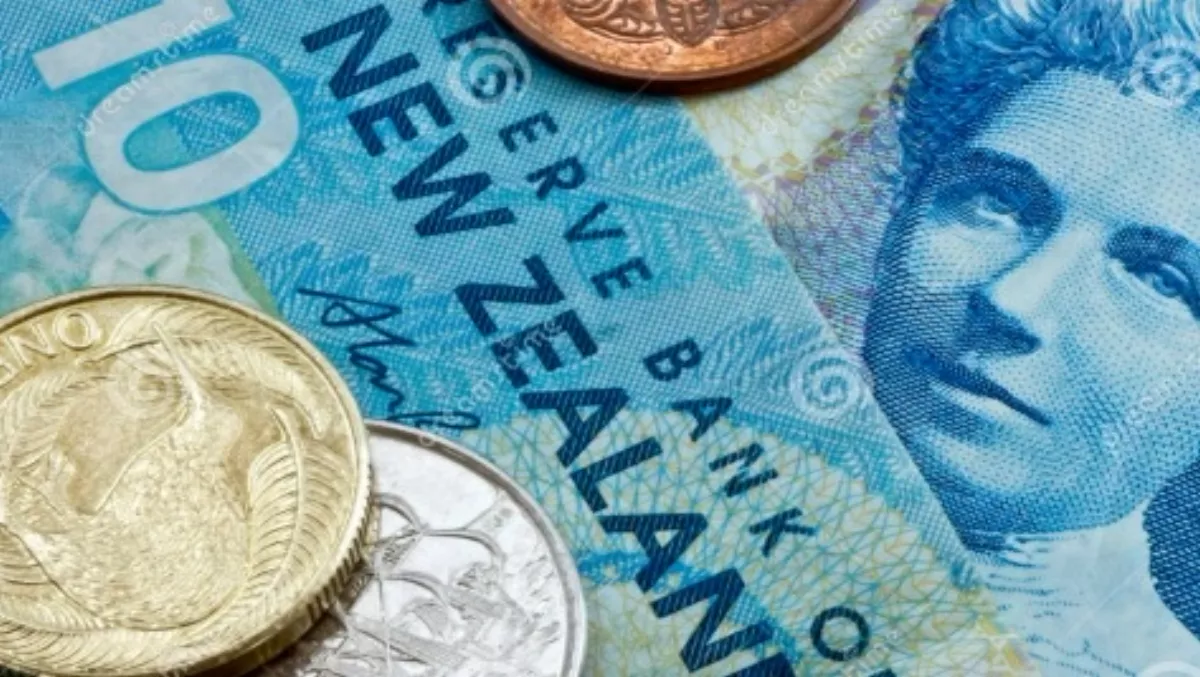
NZ dollar rises to record vs. euro as Greece, ECB weigh
The New Zealand dollar rose to a record against the euro as Greece's looming debt payments, subdued economic data and quantitative easing by the European Central Bank weakened the common currency.
The kiwi rose as high as 71.15 euro cents and traded at 70.89 cents at 5pm in Wellington from 70.10 cents late yesterday. It rose to 75.70 US cents from 75.51 cents.
The euro sank to US$1.0636, the first time below US$1.07 since March 20, having broken through a key support level of US$1.0710, and traders said it is poised to fall further in the face of broad strength in the greenback. Having met a deadline to repay 450 million euros to the International Monetary Fund, Greece has further payments due next month and has yet to reach an agreement with European creditors that would free up 7.2 billion euros of bailout funds.
"Kiwi-euro has further to play out," said Mark Johnson, senior dealer at OMF. "The problems with Greece are at the forefront of people's minds."
He said the kiwi has remained relatively strong as most currencies fell against the greenback and "I can only assume it is the search for yield that is driving it," he said. The currency does face challenges this month, though, with speculation next week's GlobalDairyTrade auction could see the third successive decline in prices and first-quarter inflation data due on April 20 likely to show there's little pressure on prices, meaning no need for the central bank to raise rates soon.
The trade-weighted index rose to 79.39 from 79.07 late yesterday. The New Zealand dollar rose to 98.27 Australian cents from 98.18 cents. The kiwi rose to 91.22 yen from 90.74 yen and gained to 51.41 British pence from 50.75 pence.

